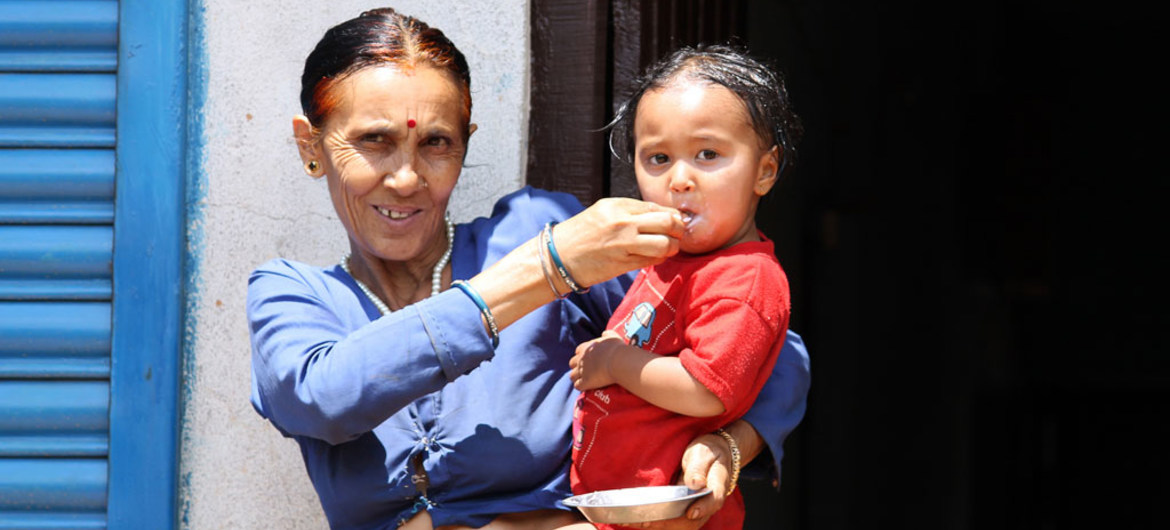
This Side Event was held during the 11th session of the Open-ended Working group on Ageing and considered the topic of Access to Justice from the perspective of violence and abuse and neglect. A number of presenters considered issues pertaining to Access to Justice in relation to specific cases of elder abuse and neglect that had taken place in several different jurisdictions. Whilst Access to Justice is generally recognised in national laws and legal processes, generally these do not serve the specific needs of older persons who seek recourse to injustices via legal remedies. Amongst the specific challenges faced by older people there are issues relating to physical accessibility, reasonable accommodations, affordability, timeliness and high levels of ageism in both legal policy and practices. Access to Justice impacts on older person’s abilities to exercise their human rights and this is nowhere seen more clearly than in situations of violence, abuse and neglect experienced by older people and challenges in accessing judicial remedies for such crimes. The preservation or restoration of dignity and respect for older persons is crucial in such situations
Presenters were drawn from a range of different countries and regions and provided interesting reflections on topics. After a few initial opening statements from the session Chair, Susan Somers (President of INPEA), the first presentation was provided by Professor Amanda Phelan from Ireland, who presented on a comparative study undertaken for the Irish Department of Health, published in March 2021, which focused on justice systems and judicial processes in 9 different countries. She also presented information from a recent case in Ireland concerning an older woman’s efforts to return home from a care home placement, against the wishes of her family (adult children) and clinical staff.
The second presentation, from Professor Marie Beaulieu from Canada focused on a specific case that was recently concluded in the Canadian Supreme Court concerning the misuse of guardianship of an older woman by professionals involved in her care (psychiatrist, lawyer and social worker). In both of the cases referred to by the presenters issues of the time taken and processual delays in obtaining justice were highlighted. This presentation was followed by a powerful exposition by Professor Maria Isolina Dabove of Argentina about the importance of Access to Justice within a binding legal instrument to protect older person’s rights and the relevance of this to issues relating to violence, abuse and neglect. Two linked presentations from Kathmandu, Nepal by Shridhar Lamichhane and Manohar Upreti also acted to emphasise issues relating to access to justice that particularly affect older citizens in Kathmandu, including time delays and accessibility of provision.
The final presentation was a brief video recording of a conversation between Susan Somers and Kim Boettcher, a practicing Barrister who works in New South Wales, Australia. The focus of their discussion was perspectives on the problems that exist in prosecuting cases of violence and abuse perpetrated against older people and the lack of representation of older people in the justice system. A few comments were made during the closing minutes of the webinar and there was some active discussion in the ‘Chat’ function, which various presenters responded to as the session progressed. Taken as a whole the side event served to underline the need for a convention on the rights of older people, with access to justice as one of the central tenets.
 Welcome to the United Nations
Welcome to the United Nations